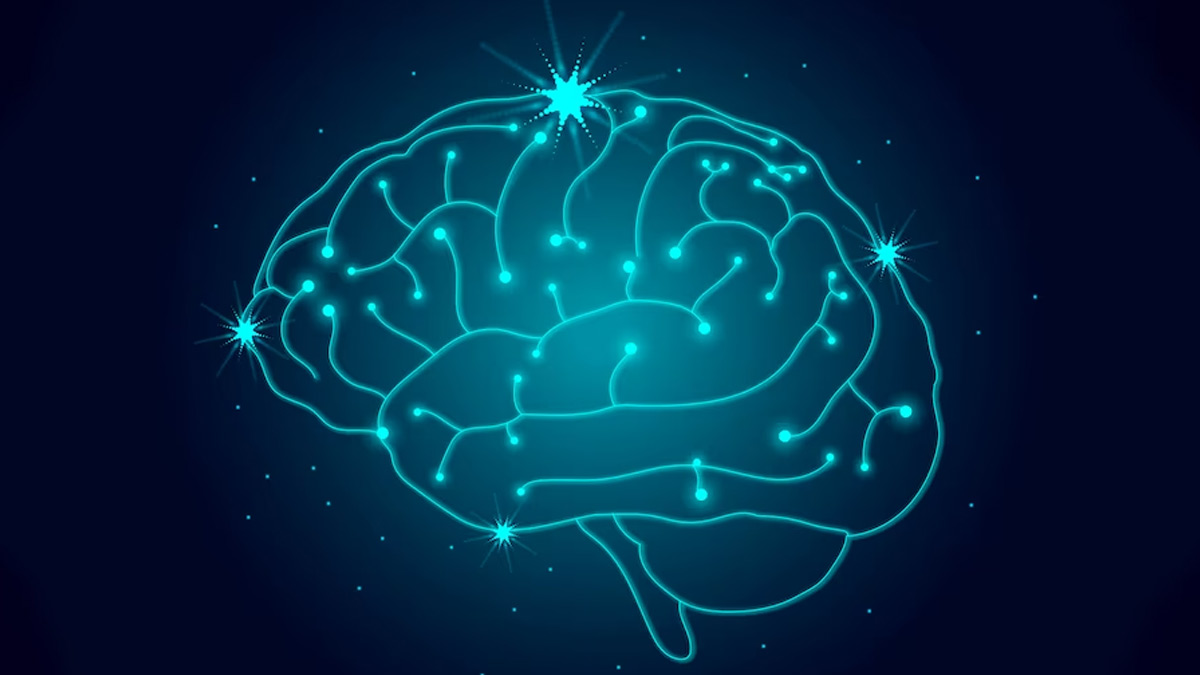
Brain fogginess is a common symptom of many other health conditions, including anxiety, depression, stress, and fatigue. A lack of focus characterises difficulty concentrating and confusion. Brain fogginess can affect one's ability to work, study, and engage in everyday activities.
Table of Content:-
Brain fog can manifest differently depending on the individual and their underlying condition. For example, someone with general fatigue may experience difficulty sustaining attention, while someone with depression may have difficulty starting and finishing tasks. Regardless of the cause, brain fog can be quite debilitating and can make day-to-day activities feel overwhelming.
Sleep Deprivation
Not getting enough sleep can cause brain fog and fatigue, poor concentration, and poor memory.

According to 2021 research, poor sleep quality can interfere with how well your brain performs. It is recommended to get at least eight to nine hours of sleep per night.
Stress
Stress can cause cognitive impairment, leading to brain fog. According to 2017 research, chronic stress can raise blood pressure, damage the immune system, and cause depression. It can also create mental exhaustion.

Medications
Some medications, such as antihistamines, can cause brain fog. See your doctor if you get brain fog while taking medicine. As per 2021 research, brain fog may be a known adverse effect of certain drugs. Reducing your dosage or switching to a different medication may help to deal with the symptoms of brain fog.

Brain fog can sometimes arise as a result of cancer therapies. This is known as the chemo brain.
Poor Diet
A diet containing too much sugar, processed foods, and unhealthy fats can cause brain fog. Research says vitamin B12 supports healthy brain function, and a vitamin B12 deficiency can cause brain fog.
Vitamin And Mineral Deficiencies
Certain vitamins and minerals, such as B vitamins, vitamin D, and iron, can be important for cognitive function, and their deficiencies can cause brain fog.

Hormonal Imbalances
Hormonal imbalances, such as those caused by pregnancy, menopause, or thyroid disorders, can lead to brain fog.
Hormonal fluctuations can also cause cognitive fog. Throughout pregnancy, the levels of the hormones progesterone and oestrogen rise. This alteration has the potential to disrupt memory and cause short-term cognitive impairment.
According to 2019 research, a decline in oestrogen levels during menopause can induce forgetfulness, poor concentration, and hazy thinking.
Fortunately, there are some strategies to help manage brain fog. Getting enough restorative sleep allows the brain to rest and recharge. Regular exercise and a healthy diet can also improve focus and concentration. Additionally, engaging in activities that bring joy and relaxation can help reduce stress and anxiety, reducing brain fog. It is also essential to talk to a doctor if brain fog persists, as an underlying medical condition may need to be addressed.
Also watch this video
How we keep this article up to date:
We work with experts and keep a close eye on the latest in health and wellness. Whenever there is a new research or helpful information, we update our articles with accurate and useful advice.
Current Version